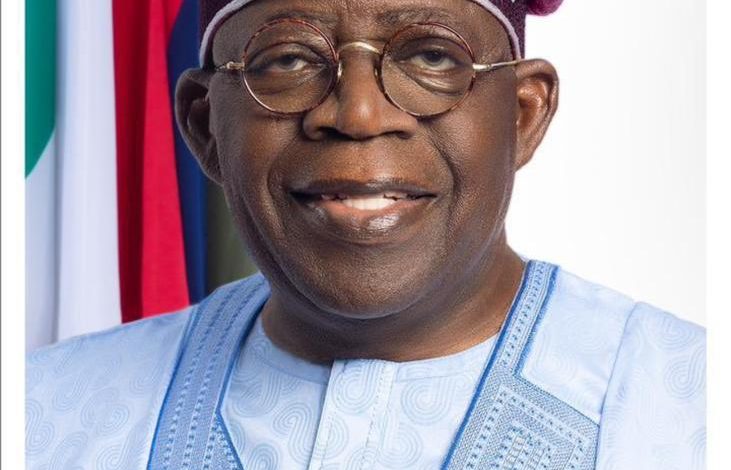The Rebirth of APC

Permutations and alliances have once again dominated Nigeria’s political discourse as the nation prepares for the 2027 election cycle.
Undoubtedly, President Bola Ahmed Tinubu will seek re-election on the platform of the All Progressives Congress (APC), with a clear path to securing the party’s nomination unchallenged. Having held power for ten years since 2015, the APC appears determined to match the People’s Democratic Party’s (PDP) record of sixteen unbroken years in government.
However, the party’s scorecard has been mixed. Its years in power have been defined by insecurity, economic stagflation, the removal of petroleum subsidies, and the floating of the naira. President Tinubu’s promise to resolve Nigeria’s electricity challenges is yet to materialize, while the cost of living continues to soar beyond the reach of the average citizen.
The eight years of the Buhari administration left deep scars, uprooting the middle class and plunging the manufacturing sector into decline. In an import-dependent nation of over 200 million people, blessed with vast agricultural land, petroleum, and mineral resources, leadership failures have stifled enormous potential for growth and prosperity.
President Tinubu has urged Nigerians to be patient, arguing that the challenges facing his administration are more complex than anticipated. Yet, actions such as the hurried award of the Lagos–Calabar coastal highway project without due process raise concerns. Meanwhile, the import bill for manufactured goods has skyrocketed, and once-thriving industrial layouts in Kano and Kaduna have become shadows of their former selves.
It is high time the President reviewed his policies and reshuffled his cabinet. In my view, government should establish an Industrial Resuscitation Fund to revive the manufacturing sector, create jobs, and stimulate wealth creation. Such an institution could recommend bailout programmes for moribund industries and chart a path to recovery.
Furthermore, Nigeria may need to draw lessons from BRICS nations to redefine its economic direction, moving away from overreliance on the IMF and World Bank prescriptions that have encouraged naira devaluation and high borrowing costs.
The APC must look itself in the mirror and confront the truth about its management of the Nigerian economy since assuming power in 2015. In Nigeria’s presidential democracy, both the president and governors hold executive responsibility, including the power to hire and fire members of their executive councils. Accountability is therefore non-negotiable.
As the election season approaches, reports of Senator Rabiu Musa Kwankwaso’s possible return to the APC signal a new chapter. If an alliance between President Tinubu and Kwankwaso materializes, it will be a significant political boost. Twice elected governor of Kano State, Kwankwaso has proven his capacity for leadership, with a track record of service, courage, and results. His return could signal the true rebirth of the APC, positioning it strongly for victory in 2027—with or without the emergence of the ADC.
Nevertheless, the NNPP, under Kwankwaso’s leadership, will seek assurances of inclusivity and trust. Its participation in any alliance will depend on guarantees that it will not be marginalized. The party will demand a meaningful place at the decision-making table, reflecting the interests of its supporters. With a government in Nigeria’s most populous state, as well as representation in both the Senate and the House of Representatives, the NNPP holds leverage to influence executive-legislative outcomes.
The APC stands at a crossroads ahead of 2027. To sail safely to victory, it must forge genuine collaboration with the NNPP—or risk a turbulent contest where rival forces, including the ADC, could capsize its ship like the Titanic.
Mahmud Shuaibu Ringim
📧 mahmudshuaibu44@gmail.com





